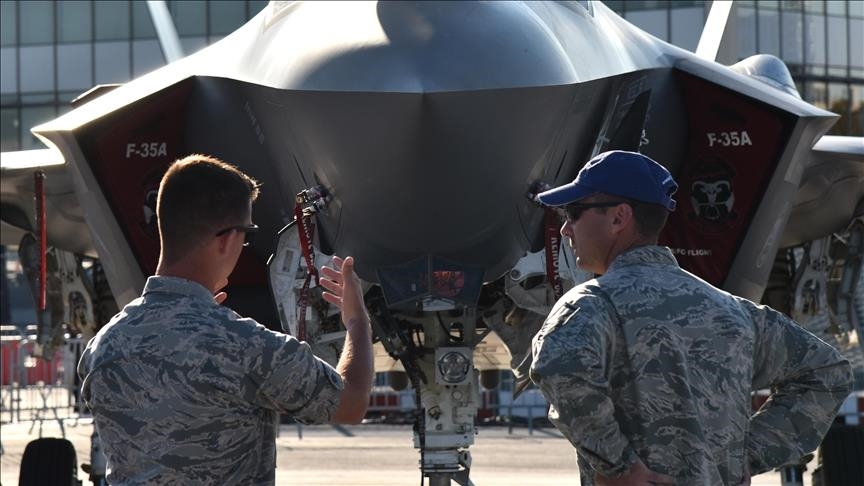Shifting Alliances: The Evolving Dynamics of Bangladesh-Pakistan Relations and Its Implications for India
The ties between Pakistan and Bangladesh are experiencing a notable thaw, marking one of the warmest periods in decades. This shift follows the political upheaval in Bangladesh after the ousting of Prime Minister Sheikh Hasina in August 2023, prompting a noticeable tilt away from India and toward Islamabad. This development raises significant concerns for New Delhi and emphasizes the importance of recent diplomatic meetings between Indian Prime Minister Narendra Modi and Bangladesh’s Chief Adviser, Muhammad Yunus.
The New Political Landscape
The recent unscheduled meeting between Modi and Yunus signifies the changing political equations in South Asia. This was the first high-level interaction after Hasina's exit, during which Modi expressed India's concerns regarding border security and the safety of minorities in Bangladesh, particularly Hindus. The dialogue underscores the tensions between the two nations, particularly as Bangladesh has begun to foster closer ties with China, further complicating the regional balance.
Rising Bangladesh-Pakistan Cooperation
The growing camaraderie between Bangladesh and Pakistan has been marked by multiple high-level interactions. Notably, Prime Minister Shehbaz Sharif of Pakistan and Yunus have met at various international forums, signaling a warming of relations that attempts to move past the historical grievances stemming from the 1971 Bangladesh Liberation War. Trade between the two countries has surged by over 25% in less than a year, and discussions have commenced regarding military cooperation, including potential arms trade and joint military exercises.
This newfound cooperation is viewed with skepticism by analysts, who suggest it may reflect the interim government’s desperation to seek alternatives to India. Yunus’s outreach to countries like China indicates a strategic pivot that could have serious implications for regional security.
Security Concerns for India
The implications of a closer Bangladesh-Pakistan alliance are profound for India. The revival of anti-India sentiments, potentially fueled by Pakistan’s influence, poses a threat to India’s northeastern border regions and the vital Siliguri corridor. The acquisition of military hardware, such as the JF-17 Thunder fighter jets developed by Pakistan and China, further exacerbates these security concerns.
Moreover, the demographic shift in Bangladesh, characterized by a young population that may be more susceptible to radicalization, is alarming. The Jamaat party’s rising influence could further complicate governance and policies related to security and justice, potentially leading to increased instability in the region.
Trade and Border Dynamics
As Bangladesh seeks to enhance its trade relations beyond India, the implications for border security become increasingly complex. While the border has seen improvements in terms of fencing and controls, the influx of Bangladeshis into India for health and tourism raises concerns about potential crossings of intelligence operatives or harmful elements.
Conclusion
The evolving relationship between Bangladesh and Pakistan, coupled with the shifting political landscape in Dhaka, presents new challenges for India. As Bangladesh reassesses its foreign policy and navigates its alliances, India must remain vigilant and proactive in addressing the security implications that accompany these changes. The dynamics of South Asia are at a critical juncture, and the ability of India to maintain its influence in the region will depend on its diplomatic agility and strategic foresight in the face of these emerging alliances.
What's Your Reaction?
















